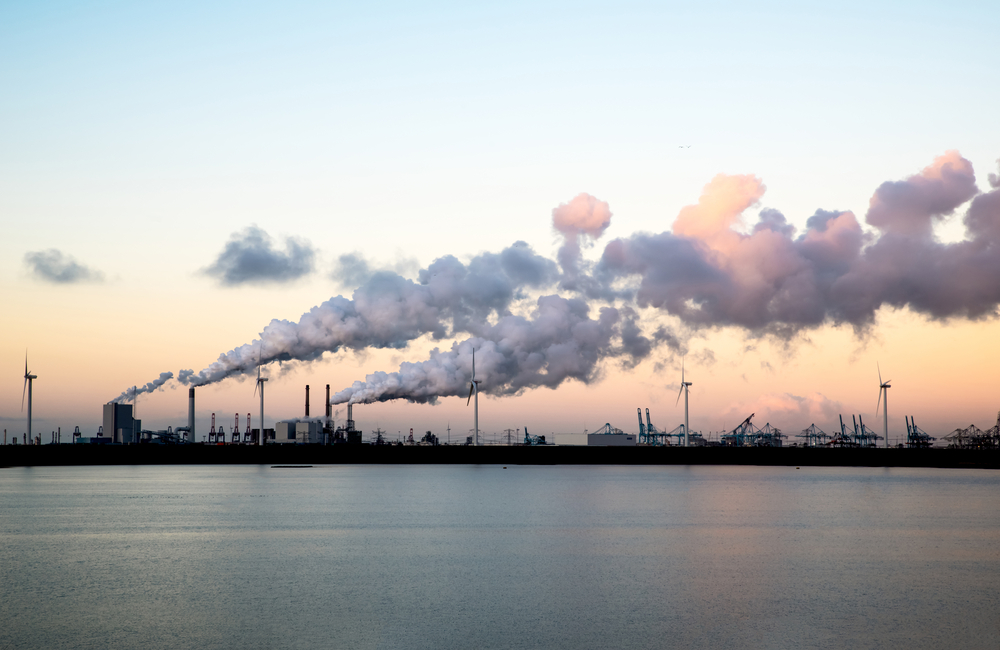CCUS in Europe: A New Role and Implications for France and Germany

A second wave of carbon capture, utilization and storage (CCUS) projects is under development, and it is much different from the 2000 wave. While Norway, the United Kingdom and the Netherlands are at its forefront, France and Germany have major competencies, and many projects could be carried out in these countries.

• A turning point is in progress. Recent carbon capture and storage (CCS) projects have relied on a “hub and cluster” approach to achieve economies of scale and cost reductions, increased cooperation between governments and industry, as well as regional cross-border partnerships.
• Regulatory barriers, which can be resolved only at the European level, still impede the industrialization of the carbon capture, utilization and storage (CCUS) production chain. Political support at all levels is also lacking.
• The synergies between hydrogen and CCS could be exploited in decarbonized clusters, at the level of applications, research and innovation (R&I), and transport infrastructure. This would help optimize the cost of decarbonization.

Available in:
Regions and themes
ISBN / ISSN
Share
Download the full analysis
This page contains only a summary of our work. If you would like to have access to all the information from our research on the subject, you can download the full version in PDF format.
CCUS in Europe: A New Role and Implications for France and Germany
Related centers and programs
Discover our other research centers and programsFind out more
Discover all our analysesAI, Data Centers and Energy Demand: Reassessing and Exploring the Trends
The information and communication technologies sector today accounts for 9% of global electricity consumption, data centers for 1-1.3%, and artificial intelligence (AI) for less than 0.2%. The growing energy demands of cloud services first, and now AI workloads (10% of today’s data centers electricity demand), have exacerbated this trend. In the future, hyperscale data centers will gain shares amongst all kinds of data centers and AI will probably account for around 20% of data centers electricity demand by 2030.
Unlocking India’s Energy Transition: Addressing Grid Flexibility Challenges and Solutions
India is rapidly scaling up its renewable energy (RE) capacity, adding 15–20 GW annually, but the ambitious goal of 500 GW of non-fossil capacity by 2030 is at risk unless the pace accelerates.
Europe’s Black Mass Evasion: From Black Box to Strategic Recycling
EV batteries recycling is a building block for boosting the European Union (EU)’s strategic autonomy in the field of critical raw minerals (CRM) value chains. Yet, recent evolutions in the European EV value chain, marked by cancellations or postponements of projects, are raising the alarm on the prospects of the battery recycling industry in Europe.

The New Geopolitics of Energy
Following the dramatic floods in Valencia, and as COP29 opens in Baku, climate change is forcing us to closely reexamine the pace—and the stumbling blocks—of the energy transition.







